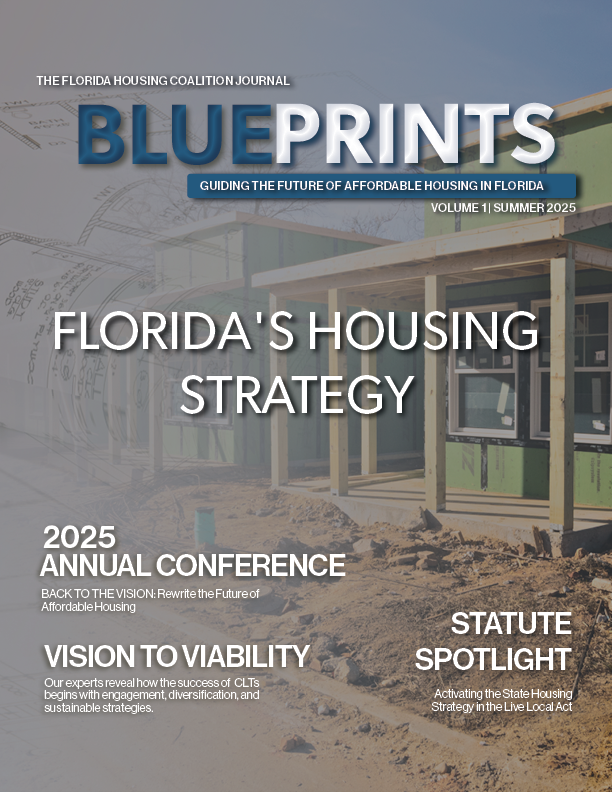As our population continues to age, the demand for affordable senior housing is on the rise. Ensuring that our older adults have access to safe, comfortable, and affordable housing options is not just a matter of convenience—it’s a matter of dignity. In this thought leadership blog, we will explore the significance of affordable senior housing, its benefits, and why it deserves our attention and support.
The Growing Need for Affordable Senior Housing
The demographic shift toward an aging population is undeniable. According to the U.S. Census Bureau, the number of Americans aged 65 and older is expected to nearly double by 2050. With this demographic shift comes an increased demand for housing options that cater to the unique needs of older adults.
Challenges Faced by Seniors in Housing
Older adults face several challenges in finding suitable housing:
- Fixed Incomes: Many seniors live on fixed incomes, making it difficult to afford market-rate housing.
- Accessibility: Seniors may require housing that is accessible and adaptable to their physical needs as they age.
- Isolation: Loneliness and social isolation can be significant issues for seniors, especially if they live in environments that lack community engagement.
- Safety and Security: Seniors often need housing that provides a sense of safety and security.
The Benefits of Affordable Senior Housing
- Financial Stability: Affordable senior housing options help older adults live comfortably within their budgets, reducing financial stress.
- Accessibility: These housing options are designed with seniors’ mobility and accessibility needs in mind, ensuring safety and convenience.
- Community and Social Support: Affordable senior housing often fosters a sense of community, reducing loneliness and enhancing social interactions.
- Health and Well-being: Suitable housing contributes to better physical and mental health outcomes for older adults.
- Aging in Place: Many affordable senior housing models allow seniors to age in place, avoiding the need for disruptive relocations.
The Role of Supportive Services
Affordable senior housing is not just about the physical structure; it also encompasses supportive services that cater to seniors’ needs. These services can include:
- Healthcare Access: On-site or nearby healthcare facilities to address medical needs.
- Social Activities: Organized social events and activities to foster a sense of community.
- Transportation: Access to transportation services for seniors who may no longer drive.
- Assistance with Daily Living: Support with daily activities for those who require it.
- Safety Measures: Security measures to ensure the safety of residents.
Advocacy for Affordable Senior Housing
To meet the increasing demand for affordable senior housing, it is essential to:
- Policy Advocacy: Advocate for policies that support the development of affordable senior housing and allocate resources to address the housing needs of older adults.
- Public-Private Partnerships: Foster collaborations between government agencies, non-profit organizations, and private developers to fund and develop affordable senior housing projects.
- Community Engagement: Engage with seniors and their families to better understand their housing needs and preferences.
- Innovation: Encourage innovation in housing design and financing models to create more affordable and sustainable senior housing options.
In Conclusion
Affordable senior housing is not just a necessity; it’s a moral imperative. It reflects our commitment to honoring the contributions of older adults and ensuring that they can age with dignity and respect. By investing in and advocating for affordable senior housing, we create a society that values and supports the well-being of its seniors, offering them the quality of life they deserve.





